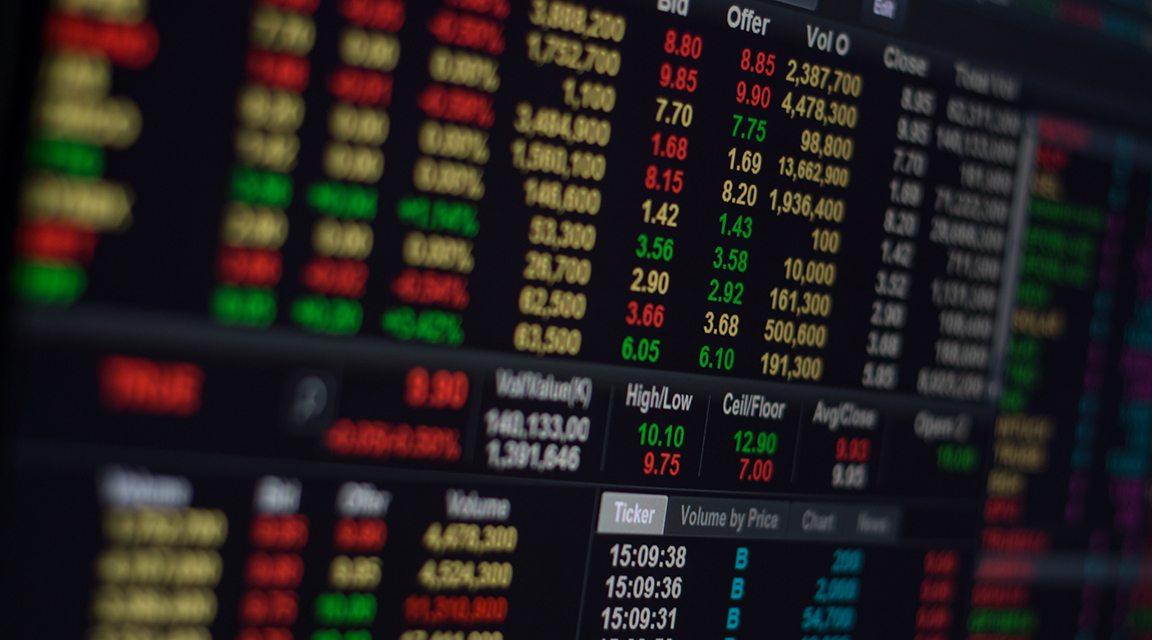

Saudi Arabia's stock exchange, the Tadawul, has announced a series of market reforms aimed at attracting international investment into the kingdom's companies and to support its efforts to win emerging market status this year.
The measures, which include the introduction of a market-making programme and steps to allow asset managers to aggregate orders, are intended to improve market access and efficiency, enhance liquidity, bolster investor security, mitigate risk and further align market practices with global best practices.
The latest reforms include:
- Updating the Independent Custody Model (ICM) to enhance qualified foreign investor (QFI) access to the market by providing more flexibility in trading limits for ICM clients. Along with this change, new procedures will be introduced to mitigate credit risk associated with the settlement process for all participants
- Introducing a new optional model to allow asset managers to aggregate the orders of managed assets, which the Tadawul says will ensure the best execution and fair allocation for their funds and clients
Both changes will take effect from 21 January.
Reforms
In addition, the Tadawul announced further reforms that will be rolled out in the second quarter of 2018. These include:
- Moving from a Volume Weighted Average Price (VWAP) to an auction method for determining closing prices for both the main market and Nomu parallel market. It will also enhance the opening price auction in line with practices adopted by other major markets
- Implementing a market-making programme based on global best practices to enhance liquidity, facilitate orderly price formation, fortify the sukuk, bond and exchange-traded-fund markets, and pave the way for exchange-traded products and derivatives.
“The cumulative impact of these measures will be a more efficient, liquid and secure market for investors and intermediaries that is further aligned to international best practices,” says Tadawul CEO Khalid Abdullah al-Hussan.

“This next generation of market improvements builds on and augments the reforms already successfully implemented by the Tadawul in 2017 to improve market function, protect investors and further consolidate Tadawul’s position as the leading market in the region and a global investment destination," he said.
"These measures and reforms are creating a more attractive investment climate for domestic and international investors alike and have attracted more than 100 major financial institutions to open accounts in the kingdom.”
The Tadawul is Saudi Arabia's only authorised securities exchange. With a market capitalisation of $450bn, it is the biggest stock market in the Middle East and the 25th-largest stock market among 67 members of the World Federation of Exchanges. The Tadawul accounts for 54 per cent of total market capitalisation across all of the GCC's stock markets, and 72 per cent of value traded in 2017.
Vision 2030
It has been making reforms to strengthen its position as a gateway to the kingdom and is seeking to double its market capitalisation in the next five years.
The market has a central role in the government's Vision 2030 economic reform programme, which aims to increase private sector investment in the kingdom, including the privatisation and public flotation of state entities such as national oil company Saudi Aramco, the world's biggest company and largest oil producer. As part of the process, Riyadh plans to develop the role of the Public Investment Fund (PIF) as the state investor in many of the privatised state companies, creating the world’s biggest sovereign wealth fund.
In 2017, the Tadawul in conjunction with Saudi Arabia's Capital Market Authority (CMA) introduced reforms, including:
- Adoption of the International Financial Reporting Standards accounting standard for all listed companies and the Global Industry Classification Standard (GICS) in January 2017 to enable comparability of corporates across markets and easier analysis of sector performance
- Opening of the domestic initial public offering market to QFIs as of January 2017
- Adoption of new corporate governance rules issued by the CMA in February 2017 to enhance the rights of shareholders and board members and promote greater transparency
Nomu, a parallel equity market for qualified investors, offers lighter listing requirements and serves as an alternative platform for small and medium-sized enterprises (SMEs) to go public. Nomu was launched on 26 February 2017 and was opened to direct investment by non-resident foreign investors from 1 January 2018. Other newly announced measures include:
- Amending the settlement cycle to T+2 for all listed securities in April 2017 to increase the level of asset safety for investors and to unify settlement duration with global standards
- Introduction of a delivery versus payment model, which ensures delivery of securities occurs only if the corresponding payment takes place
- Spin-off of the Securities Depository Centre (SDC), bringing the market in line with other major global markets
- Introduction of securities borrowing and lending and covered short-selling to enhance the ease of trading and create new opportunities for local and global market participants. The Tadawul is the first market in the region to offer securities borrowing and lending and covered short-selling for all listed stocks
- The elimination of the cash pre-funding requirement for institutional investors
| This article has been unlocked to allow non-subscribers to sample MEED’s content for FREE. MEED provides exclusive news, data and analysis about the Middle East every day. Subscribe to MEED to have full access to Middle East business intelligence. Click here |
You might also like...

TotalEnergies to acquire remaining 50% SapuraOMV stake
26 April 2024

Hyundai E&C breaks ground on Jafurah gas project
26 April 2024

Abu Dhabi signs air taxi deals
26 April 2024

Spanish developer to invest in Saudi housing
26 April 2024
A MEED Subscription...
Subscribe or upgrade your current MEED.com package to support your strategic planning with the MENA region’s best source of business information. Proceed to our online shop below to find out more about the features in each package.




